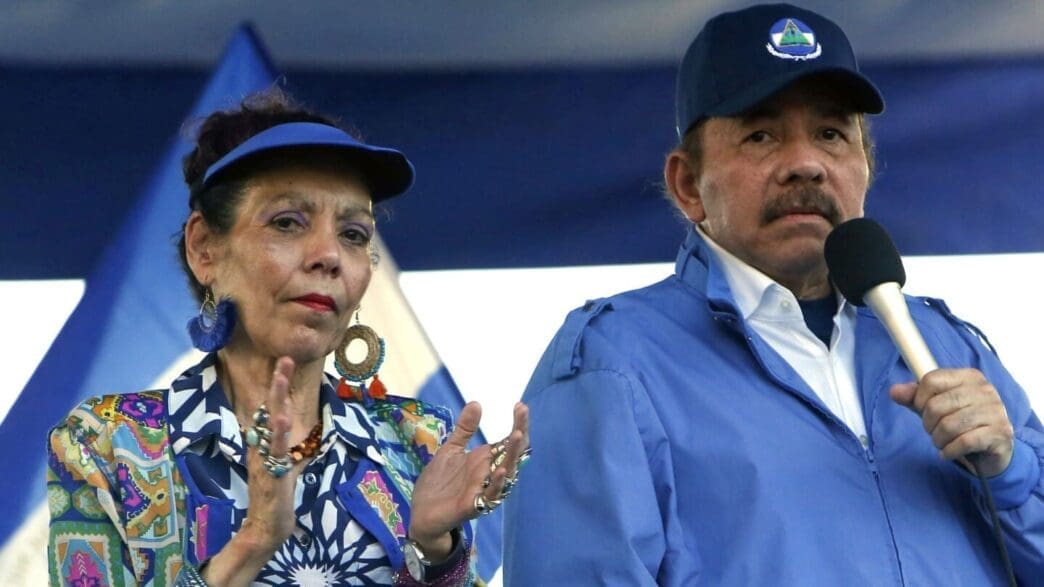Amid growing concerns over Nicaragua’s political climate, the United States is turning its gaze south, initiating an investigation into alleged labor and human rights abuses. With President Daniel Ortega at the helm, Nicaragua’s trajectory has sparked controversy, particularly affecting its relationship with the U.S., a nation bound by a free trade agreement with Nicaragua.
The investigation, led by the U.S. Trade Representative, is expected to explore not only the allegations of abuse but also how these practices impact commerce between the two nations. Lasting up to a year, the probe is fueled by reports of politically-motivated arrests, forced labor, human trafficking, and suppression of collective bargaining, according to U.S. Trade Representative Katherine Tai.
Tai has emphasized the investigation’s foundation on credible accounts from multiple watchdog organizations, which highlight Nicaragua’s internal turmoil under Ortega’s administration. She notes, “Numerous reports suggest the Government of Nicaragua is engaging in repressive acts that harm Nicaragua’s own workers and people, undermine fair competition, and destabilize our region.” The scope of the inquiry could lead to retaliatory measures, contingent upon the findings regarding trade impacts.
Notably, Nicaragua’s standing in the Central America Free Trade Agreement complicates any potential actions; only two countries in this agreement run a trade surplus with the U.S., Nicaragua being one. Last year alone, this surplus amounted to about $3 billion, a significant portion of Nicaragua’s GDP, which illustrates the economic stakes involved.
Furthermore, political tension escalated with President Ortega’s recent constitutional reform proposal to appoint himself and his wife Rosario Murillo as ‘copresidents’, extending the presidential term. This move coincides with a broader crackdown leading to mass imprisonment and exile of dissenters, including religious figures and journalists. Such actions further illustrate the challenges to Nicaraguan civil liberties.
As the U.S. marks International Human Rights Day, the timing of this inquiry underscores a symbolic commitment to addressing these international concerns. However, any decisions must carefully balance the spectrum of economic, social, and political elements interconnected with this investigation.
The unfolding situation in Nicaragua highlights the complexities at the intersection of politics, human rights, and international trade. As the investigation progresses, the international community watches closely, aware that the outcomes could reshape economic ties and set precedents for addressing rights abuses on a global stage.
Source: Apnews








